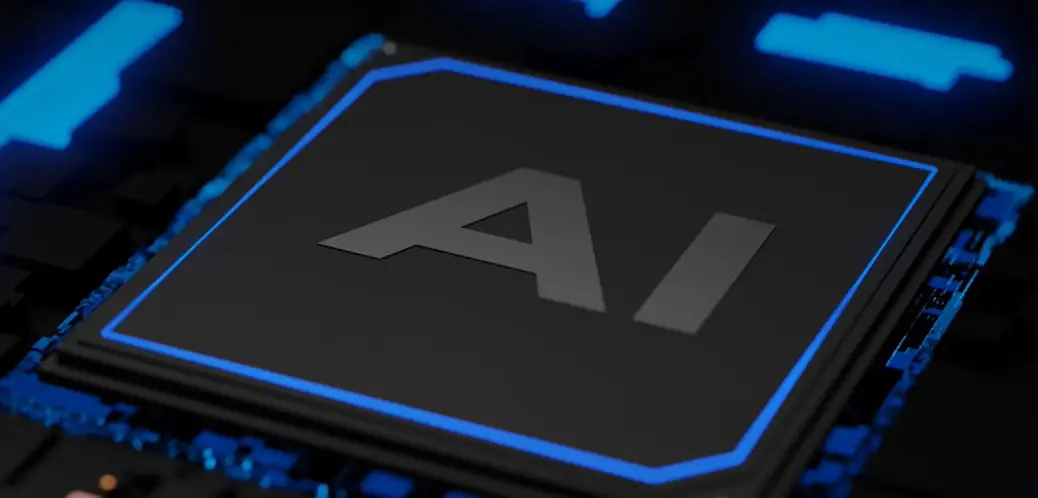D2H Advanced Technologies has played a key role in the development of efficient aerodynamic and thermal management solutions for a prototype hydrogen fuel cell-powered Toyota Hilux, capitalising on the company’s long experience in these areas while enabling the Buckingham-based engineering consultancy to build upon its extensive range of tools and services for the benefit of the UK automotive industry and its pursuit of net zero.
“We’re delighted to see the prototype hydrogen fuel cell-powered Hilux project move on to the next phase of testing,” said Matthew Hicks, D2H’s Engineering Director. “It follows the successful completion of collaborative implementation work that has seen Toyota’s latest fuel cell system, as featured in the Mirai, transform the Hilux into a zero-emission electric vehicle.”
The project, supported by the UK Government through the Advanced Propulsion Centre (APC) and led by Toyota Motor Manufacturing (UK) Ltd (TMUK), demanded novel solutions to the challenges of cooling and airflow management.
As part of this work, D2H developed an innovative tool that portrays the results of CFD analysis in an easy-to-understand format. This not only allows engineers to quickly visualise where improvements can be made by comparing the results of multiple analyses, but also enables D2H’s clients to readily understand the value of the process away from the highly complex CFD environment. Ultimately, this allows D2H to deliver results faster and far more flexibly than other CFD providers.
“Efficiency is key to the success of these new technologies as well as their viability for markets such as mining and the power industry where recharging opportunities are less common,” Hicks continued. “With our know-how and newly-developed tools we can demonstrate how third-party additions and conversions could be aerodynamically optimised in a way that preserves the reduced environmental footprint offered by the hydrogen fuel cell powertrain.”
D2H will continue to be involved as the project moves through the testing phase, and has supported partners Toyota and Ricardo in developing an in-depth testing plan for the vehicle’s thermal systems that will ensure reliable operation across a wide range of scenarios. D2H engineers are also liaising with TMUK as the first prototype vehicles are built at the company’s Burnaston facility.
Sunil Maher, Senior Project Delivery Lead at the Advanced Propulsion Centre (APC), said: “The R&D activity undertaken by D2H has allowed the project to deliver a solution that supports the full integration of hydrogen fuel cell technology. Using their expertise in simulation, aerodynamics and thermodynamics to maintain performance and reliability, the developed research supported Toyota Manufacturing UK to significantly progress toward vehicle development and testing. It is great to see the automotive sector working together to deliver solutions towards net-zero targets.”
“APC’s Collaborative Research and Development (CR&D) funding programme supports the UK’s transition towards the development of a UK net-zero automotive supply chain by building connections, growing supply chain capability, and automotive product manufacturing.”
Richard Kenworthy, TMUK Managing Director, said: “The project team have accomplished an incredible job in a very short space of time, from creating the prototype build area to completion of the first vehicle. The UK Government funding has enabled us not only to develop a new vehicle in record time, but also to upskill our teams to work on hydrogen-related technologies, something we hope to build on in the future. This is a great vote of confidence in UK manufacturing and its potential to deliver carbon-free vehicles to meet future targets.”
Following the reveal by Toyota UK, the hydrogen fuel cell-powered Toyota Hilux will be presented at this year’s Cenex-LCV show at UTAC Millbrook, Bedfordshire, 6 – 7 September, and D2H team members will be on-hand to answer questions throughout the event.




